What if the Diva Had Lived in "The Fifth Element?"
What if the Diva had lived? This speculative journey into "The Fifth Element" reimagines her survival, revealing untapped narrative depth, spiritual resonance, and a richer role in humanity’s cosmic test.
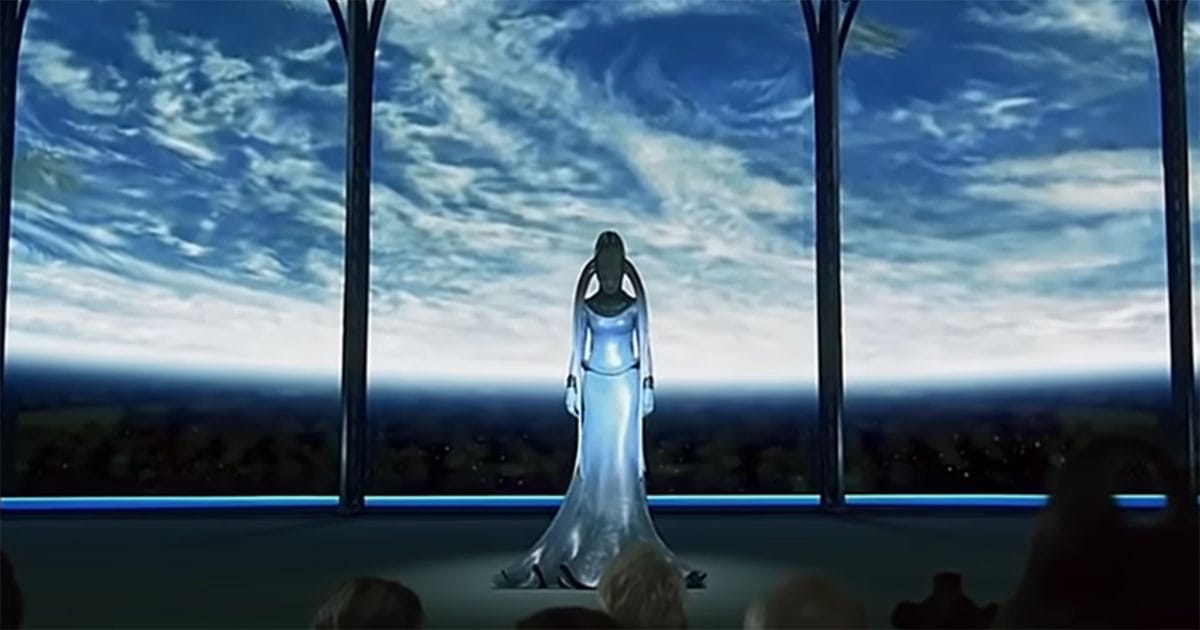
Rewriting a Key Moment
In "The Fifth Element," the Fhloston Paradise sequence serves as a crescendo of emotion, sound, and violence.
The Diva Plavalaguna's performance is haunting, ethereal —an interlude of grace before chaos erupts. Her death, sudden and jarring, shifts the tone of the story and delivers the elemental stones into mortal hands. It is a clean break that sacrifices mystery for momentum.
But not every story demands such finality. Science fiction has long thrived on the possibilities that emerge when one moment turns differently. The Diva's fate, sealed in a flash of gunfire, lingers in the imagination. It invites the kind of speculation that fuels the genre's finest what-if scenarios.
Her survival would not merely extend her screen time. It could unearth new facets of the film's world, deepen character arcs, and enrich the metaphysical underpinnings of the narrative. This is not about nostalgia or second-guessing the creators. Rather, it is an invitation to step through a different door—one left ajar by the music, the mystery, and the promise of something more.
The Diva as Cosmic Messenger
Had the Diva Plavalaguna survived the assault aboard Fhloston Paradise, her role could have expanded beyond sacred courier to something more profound. With her poised, otherworldly presence and implied wisdom, she might have become a vital bridge between the ancient Mondoshawan mission and the volatile human realm. Her knowledge, rarely articulated in the original film, could have revealed deeper truths about the elemental stones, their origins, and the cyclical nature of the Great Evil.
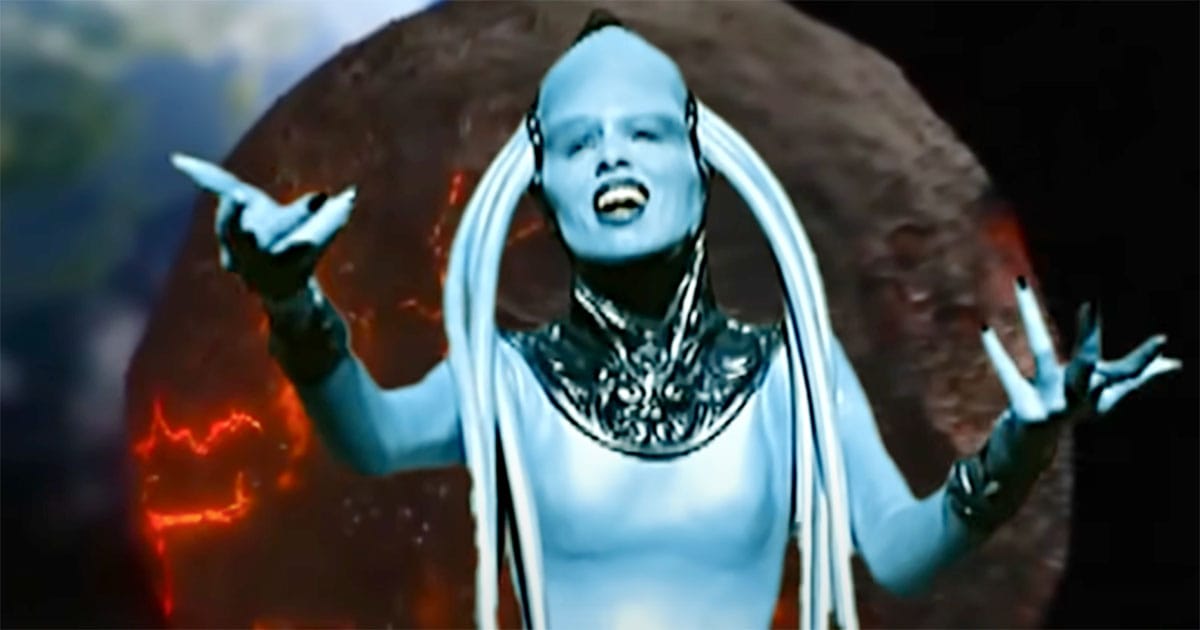
In this alternate scenario, the Diva becomes less a passive vessel and more an active guide. She would not only hand over the stones, but perhaps explain their spiritual or cosmic significance—something the film hints at but never fully explores. Her survival might have clarified the stakes in more metaphysical terms, positioning her as a kind of celestial priestess rather than a simple performer with secrets.
By maintaining her presence into the final act, the narrative gains a witness to humanity's choice between love and destruction. She becomes a symbol of harmony in a universe too often defined by conflict. Through her, the film could have given voice to the unknowable forces that shape existence—forces that classical science fiction often frames as both awe-inspiring and terrifying.
A Living Diva Changes Leeloo's Journey
In the original film, Leeloo bears the weight of the universe's fate largely alone. Although Korben Dallas becomes her protector and eventual partner, the burden of understanding evil and embracing love rests squarely on her shoulders. With the Diva's death, Leeloo is forced to confront both human cruelty and cosmic responsibility without a mentor or equal. It is a lonely path, and one that nearly ends in despair.
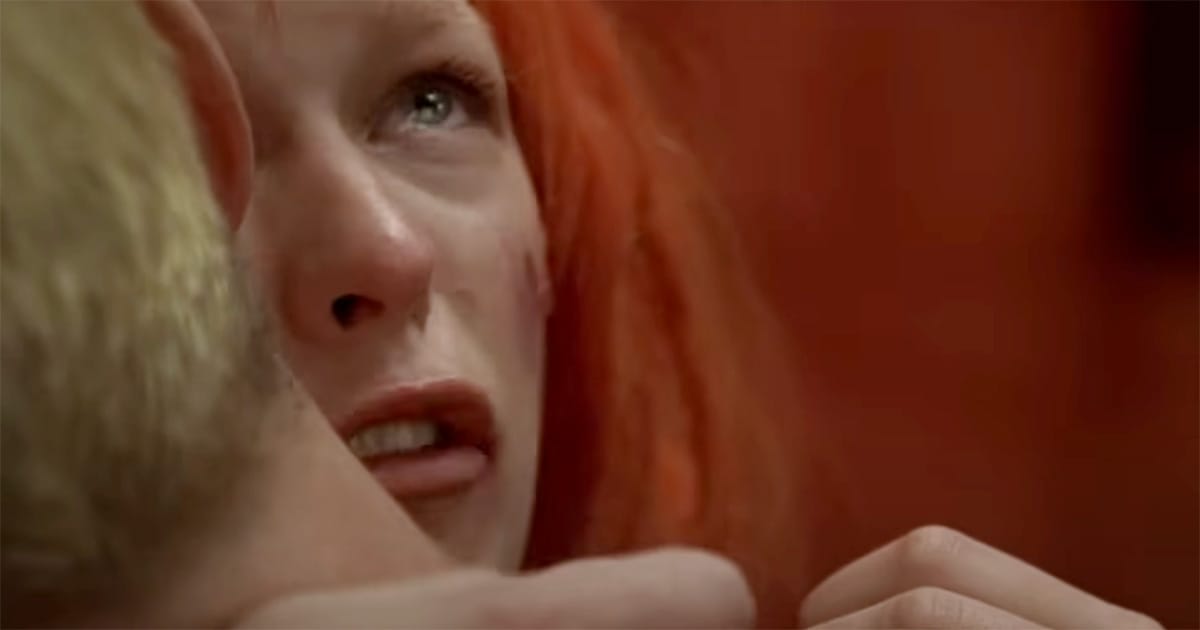
If the Diva had lived, she might have offered Leeloo more than just information—she could have offered perspective. As a being of grace and depth, the Diva may have helped Leeloo interpret the chaos of human history not as futility, but as struggle worth redeeming. Her continued presence could have given Leeloo a clearer reason to believe in humanity, reinforcing the film's final message rather than hinging it entirely on Korben's declaration of love.
This alteration would shift the tone of Leeloo's arc from one of isolation to one of shared understanding. It would not lessen her power, but contextualize it. With the Diva by her side, the Fifth Element would no longer be a solitary savior, but a part of a larger, older design—one with echoes that reach back to the stars and forward to whatever future mankind might choose.
Broadening the Thematic Landscape
The survival of the Diva would not simply extend a subplot. It would reshape the thematic scope of "The Fifth Element," nudging it closer to the tradition of operatic space epics like "Forbidden Planet" or "The Day the Earth Stood Still." In the film as it stands, the elemental struggle is immediate and personal—humanity teeters on the brink, but the solution comes through individual action and emotion. A living Diva could reframe that urgency within a broader spiritual or artistic context.
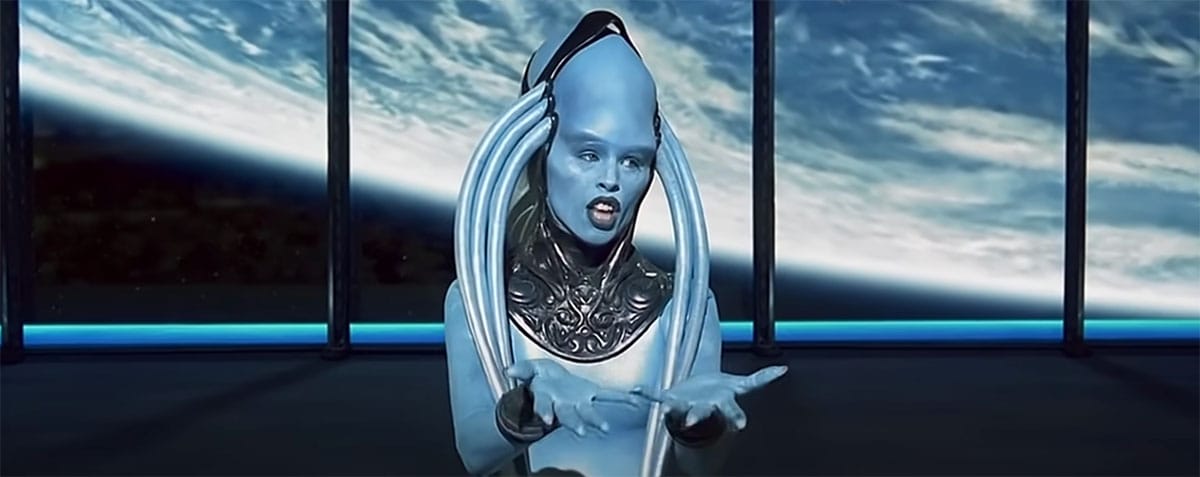
She is not just a singer. She is a performer who uses music as invocation, perhaps even as a kind of ritual. Had she remained in the story, her voice might have served as more than a spectacle, becoming instead a commentary on civilization's worth, the harmony of order against the discord of entropy. This could have emphasized art not merely as adornment but as a weapon against destruction.
Moreover, her continued presence might have introduced ideas of cosmic stewardship. With the stones representing elemental forces, and Leeloo as the bridge between them, the Diva's wisdom could highlight the responsibility of creation itself. In this light, the fight against evil becomes more than survival—it becomes an obligation to cultivate life, to protect meaning, and to preserve beauty amid ruin.
Echoes Beyond the Aria
Had the Diva Plavalaguna survived, "The Fifth Element" might have traded some of its immediacy for deeper resonance. Her continued presence would not have slowed the narrative but enriched it, offering a broader canvas upon which to explore duty, grace, and the fragile grandeur of existence. In the tradition of classic science fiction, her survival would have symbolized not just the endurance of life, but the preservation of wisdom—wisdom expressed not through firepower or wit, but through art, sacrifice, and clarity of purpose.
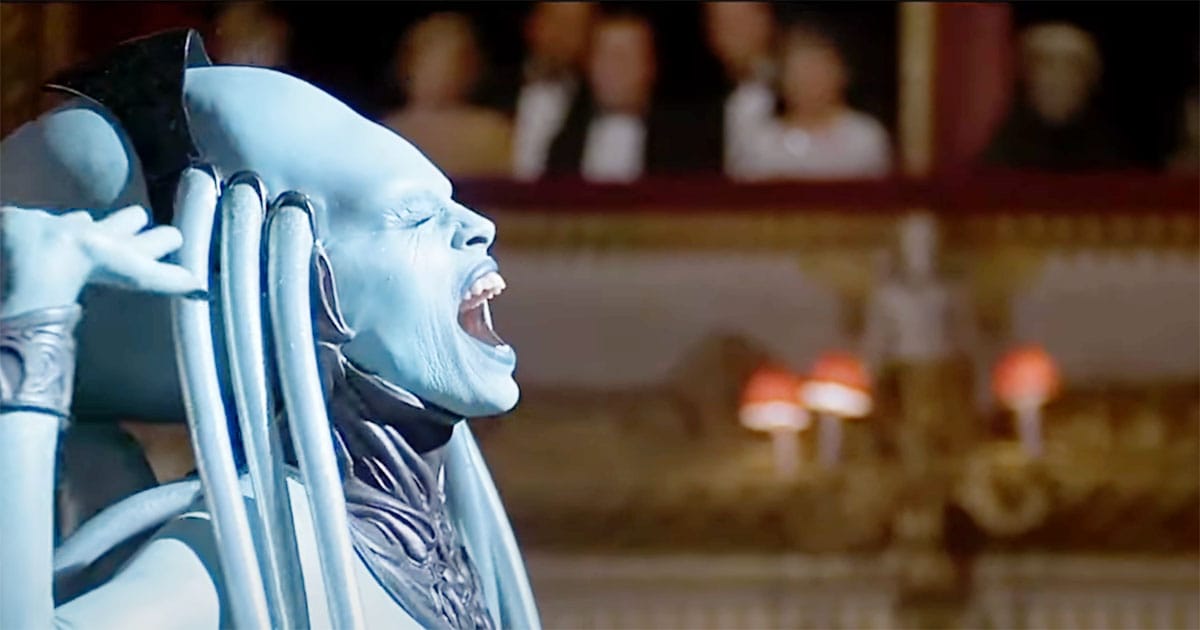
Of course, her death serves the story well. It compels the heroes forward and simplifies the complex into the urgent. But the alternative lingers, like the final note of her aria—an unanswered question in a universe that rarely offers finality. In imagining her survival, we glimpse a different future, one where the voice of the cosmos does not fade in violence, but guides us toward something greater than survival—understanding.

